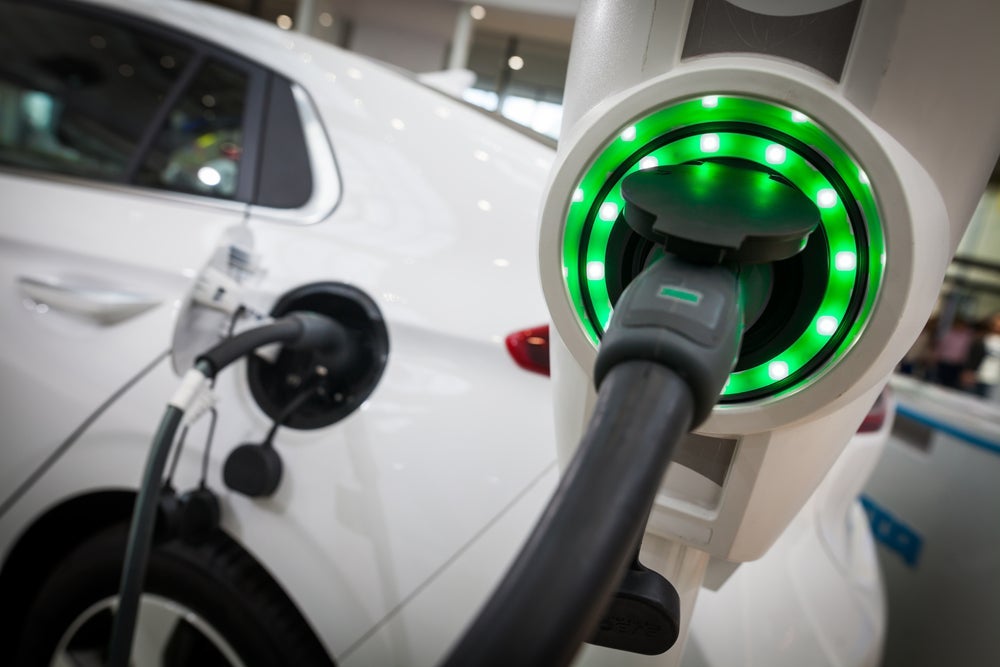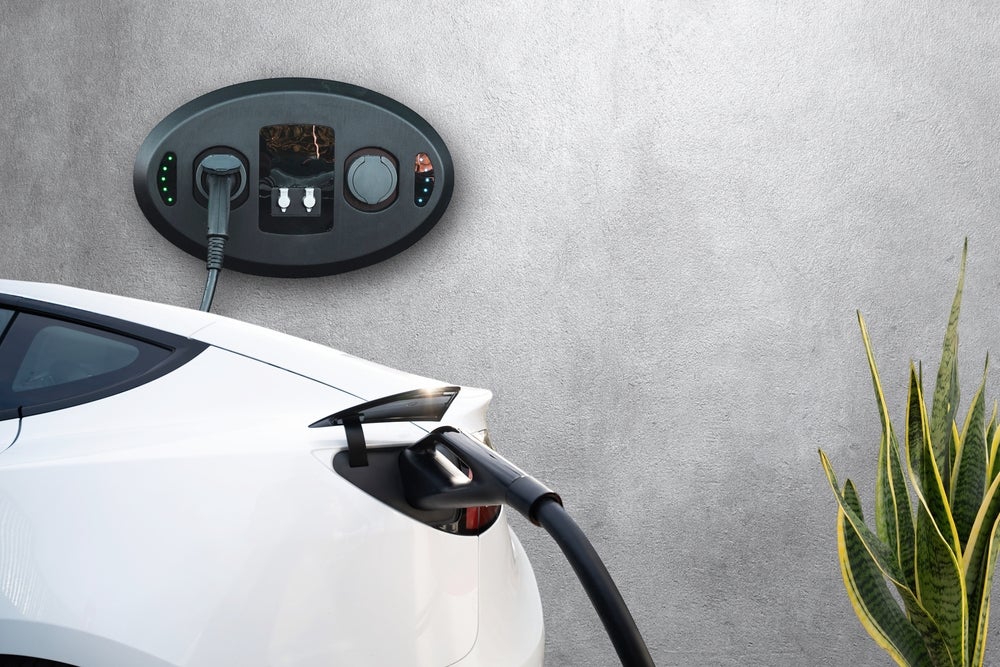Ahead of the UK government’s 2030 deadline ending the sale of new combustion engine vehicles, EV charging will need to become affordable for the general public if financing an EV is to become a reality
Some eyebrows will have been raised when the new car sales figures from the Society of Motor Manufacturers and Traders for January were released recently showing that EVs are taking only 13.1% of the market share for new vehicles, which is a decline in take-up during the second half of 2022.
Is this merely a hiccup on the road to what is otherwise a blossoming love affair between the UK motorist and EVs, or is this a signpost to a more worrying development in EV takeup?
I suspect it is the latter: A trend that speaks to concerns with ‘range anxiety’ and ‘charging issues’ associated with owning (or financing) EVs among the non-affluent public amid a cost-of-living crisis.
EVs that can manage long journeys are expensive to finance and are associated with considerable wait times, other less expensive EVs with shorter wait times, offering shorter ranges, will require drivers to fall back on the UK’s ununified EV charging network.
What this means is that for motorists who cannot afford (or are unable to source) a long-distance EV, the expense of financing a vehicle that cannot be relied on, for long-distance journeys, means a considerable expense down the road when a long journey is needed, and often at short notice.
How well do you really know your competitors?
Access the most comprehensive Company Profiles on the market, powered by GlobalData. Save hours of research. Gain competitive edge.

Thank you!
Your download email will arrive shortly
Not ready to buy yet? Download a free sample
We are confident about the unique quality of our Company Profiles. However, we want you to make the most beneficial decision for your business, so we offer a free sample that you can download by submitting the below form
By GlobalDataYes, the government has offered upfront subsidies for EVs, support for buying in-home charging points, and employer-supported salary sacrifice schemes have also contributed to affordability, but who has been able to take advantage of these schemes?
Society’s well-off have been the large beneficiaries of these subsidies and it is also the well-off who typically benefit from big front lawns or garages from which they can easily charge their EVs accessing a domestic tariff (@ 5% VAT) versus the higher street charging tariff (@ 20% VAT).
The UK government under the Tories has set a 2030 target for when all car sales will be electric but has done very little to put forward a strategy for how the nation will get there and how the bulk of the driving public will be able to afford to finance and charge their vehicles.
Queuing Teslas: a reminder EV infrastructure is not keeping up with demand









